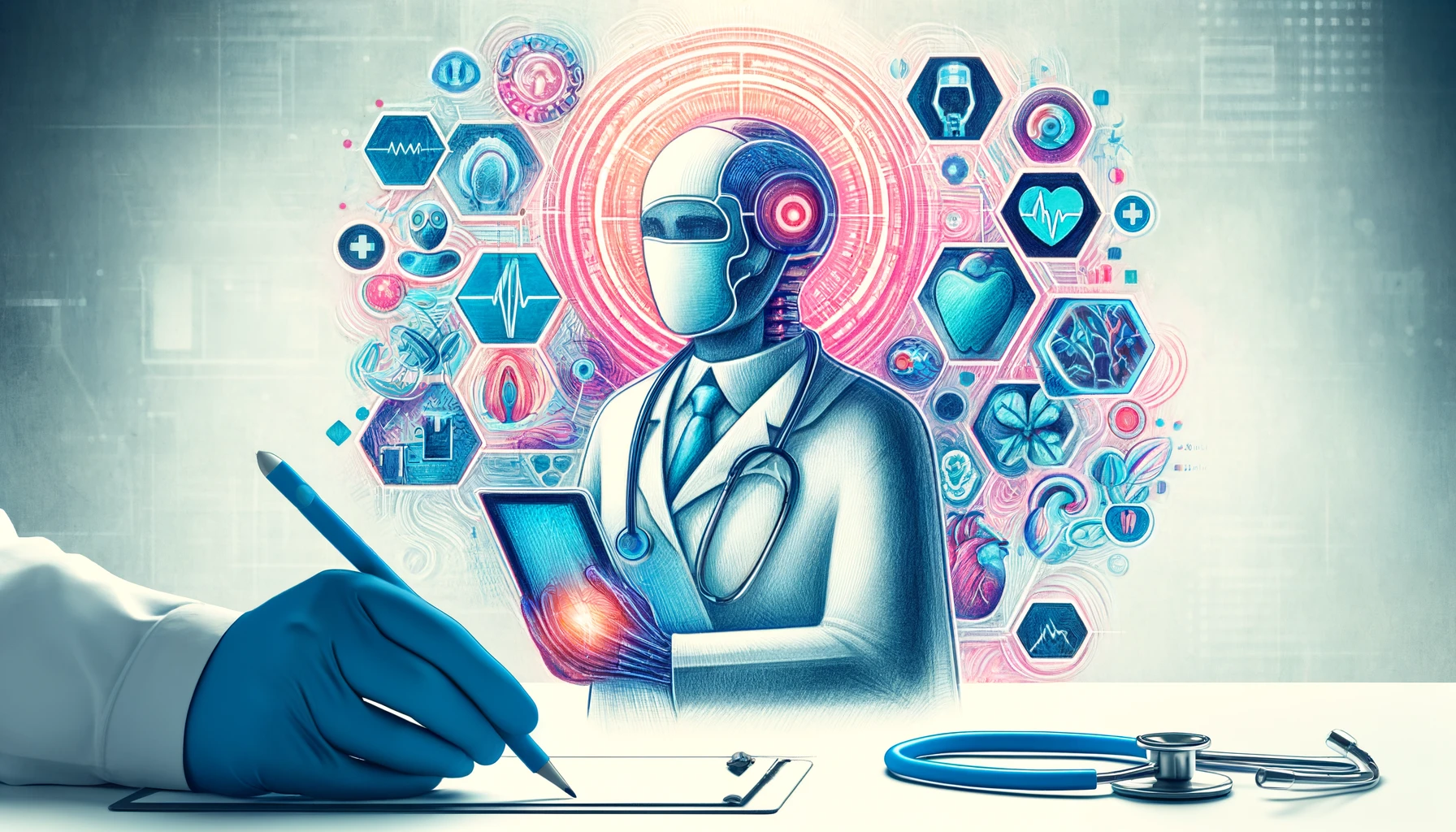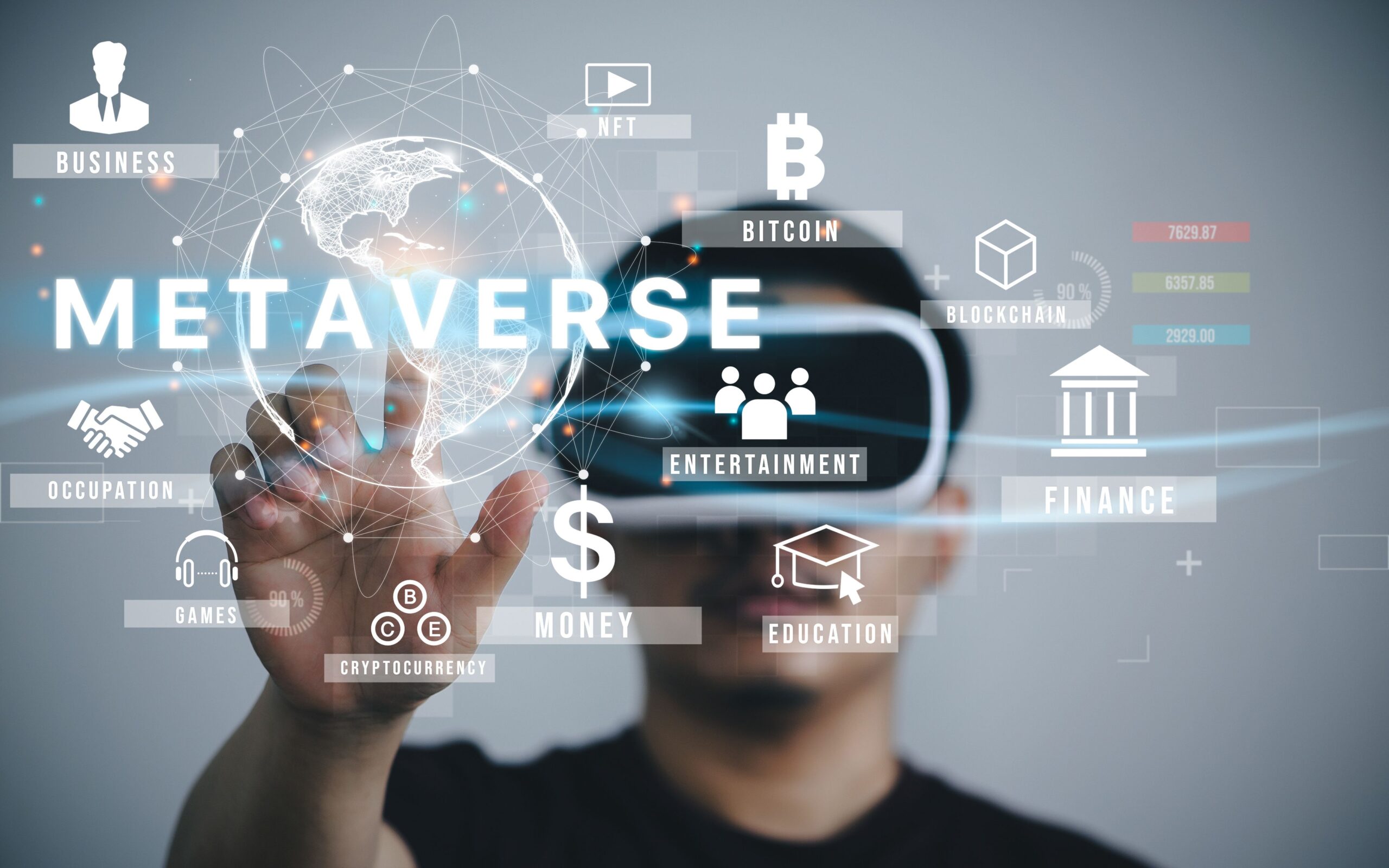Artificial Intelligence (AI) is revolutionizing healthcare, offering groundbreaking innovations that reshape how diseases are diagnosed, treated, and managed. By leveraging vast amounts of medical data, AI systems can enhance the accuracy of diagnoses, predict potential health risks, and tailor treatments to individual patients, thus improving outcomes and efficiency in healthcare delivery.
AI in Diagnosis: A Leap Towards Accuracy
One of the most significant ways AI transforms healthcare is through its ability to assist in medical diagnoses. Traditionally, diagnosing complex conditions such as cancer, heart disease, or neurological disorders requires years of medical training and expertise. AI, however, can analyze medical data far more quickly and accurately than humans. For example, AI algorithms can process images from X-rays, MRIs, and CT scans to detect abnormalities like tumors or fractures with remarkable precision. In many cases, AI can identify patterns that even seasoned radiologists might miss, helping to catch diseases at an early stage when they are most treatable.
AI’s role in diagnostics extends beyond imaging. Machine learning models can analyze patient records, lab results, and genetic information to identify patterns indicative of a disease. By recognizing early signs and subtle connections, AI systems enable doctors to make diagnoses faster and more reliably, reducing the likelihood of human error and improving the chances of successful treatment.
AI in Treatment and Personalization
Once a diagnosis is made, AI is crucial in developing personalized treatment plans. Traditionally, treatment protocols have been based on population-wide data, where a “one-size-fits-all” approach is often applied. However, AI offers the potential for more customized treatments that account for a patient’s unique genetic makeup, lifestyle, and environmental factors.
By analyzing vast datasets, including genomic information and clinical outcomes, AI can predict which treatments will most likely be adequate for individual patients. This is particularly useful in fields like oncology, where cancer treatments can be tailored to target specific mutations in a patient’s DNA, maximizing the chances of a successful outcome. AI can also help identify the optimal drug dosages for patients, reducing side effects and improving therapeutic efficacy.
In addition, AI-powered tools can assist in the real-time monitoring of patient’s conditions. For example, wearable devices and sensors can collect data on vital signs, activity levels, and medication adherence, which AI systems can then analyze to adjust the treatment plan. This ongoing monitoring allows healthcare providers to respond proactively to changes in a patient’s condition, enhancing the quality of care.
AI in Drug Discovery and Development
AI is also making strides in drug discovery and development. The traditional process of developing a new drug is lengthy, costly, and challenging. However, AI can expedite this process by predicting which drug compounds are most likely effective against certain diseases. Machine learning models analyze vast amounts of chemical and biological data, identifying potential drug candidates that might otherwise have been overlooked.
Moreover, AI can help simulate clinical trials, predicting how different patient populations will respond to a drug, thus reducing the time and cost of human trials. This accelerates the development of new medications and increases the likelihood of finding therapies for rare and complex diseases.
The Future of AI in Healthcare
As AI continues to evolve, its role in healthcare is expected to expand further. From improving diagnostic accuracy to creating personalized treatments, AI has the potential to revolutionize patient care, making healthcare more efficient, precise, and accessible. However, integrating AI into healthcare raises important ethical and regulatory questions, such as ensuring patient data privacy and addressing algorithmic biases. As technology advances, healthcare providers, regulators, and technologists must collaborate to create frameworks that maximize the benefits of AI while safeguarding patients’ rights and well-being.
In conclusion, AI is an invaluable tool in healthcare, enhancing everything from diagnosis to treatment. Its ability to process vast amounts of data, identify patterns, and predict outcomes is transforming the landscape of medical care, ultimately leading to more effective and personalized healthcare solutions.




